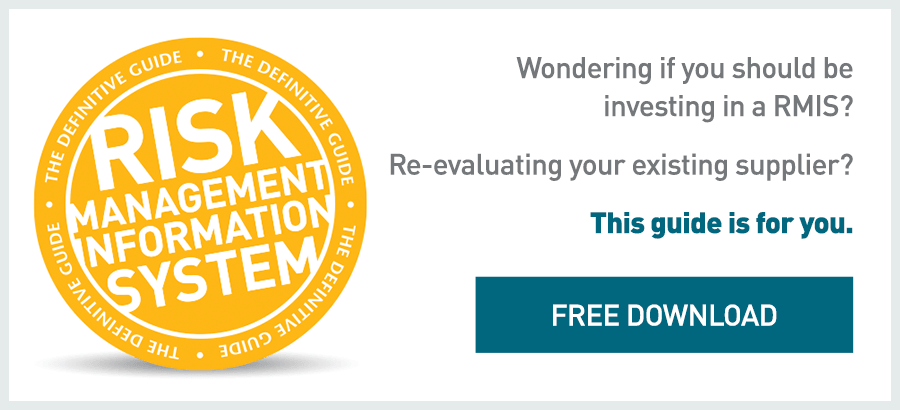
All insurance relies upon spreading the risk between a variety of customers. Actuaries and underwriters rely upon historical data in order to set rates that should cover anticipated claims, allow their company a profit, and keep them competitive in the marketplace. While insurers partially base their rates upon the overall risk for certain types of companies in a certain area, they also consider each individual company's data.
An insured business that purchases property in a hazardous area or has suffered a lot of recent work injuries might get an increase in their premiums when the next renewal date rolls around. Conversely, companies that implement measures to reduce risks might be able to negotiate substantial discounts.
Improve Negotiating Position With Accurate and Complete Data
In other words, risk factors drive premiums up. Reducing risks helps reduce commercial insurance rates. Each individual company has more control over their own rates than their financial officers or risk managers might believe, but they only have this control if they can back up their negotiating position with the right data. Training classes, improved fire alarms, or a company fitness program might pay for themselves in reduced losses and lower insurance premiums, but they are only likely to help if risk managers can back up their request for lower rates with hard data.
At the same time, many brokers and insurers act as a sort of third-party risk manager for their clients. If these outside insurance professionals can see accurate data of different types of losses that a company has suffered, they can also be called upon to make suggestions that are likely to reduce both risks and insurance premiums in the future. While some critics of the insurance industry claim that insurers will charge as much as they can get away with, this is not entirely fair. Commercial insurers have to operate in a very competitive market, and these company's representatives know that they may have to compete on price sometimes. However, they might need the right information to take to their bosses in order justify a discount.
Give Your Insurers the Data They Need to Serve You Better
Businesses that aren't very well organized or don't even really know what data can impact rates will surely have problems producing the right reports and analytics to make their case. At Ventiv Technology, we have been in the business of helping clients manage data and work better with their insurance companies for over four decades. Yes, our enterprise risk management systems technology helps our clients manage their insurance policies, ensuring the right level of coverage at the right price. Even better, our technology functions as safety management software that helps protects company assets, including employee safety.











